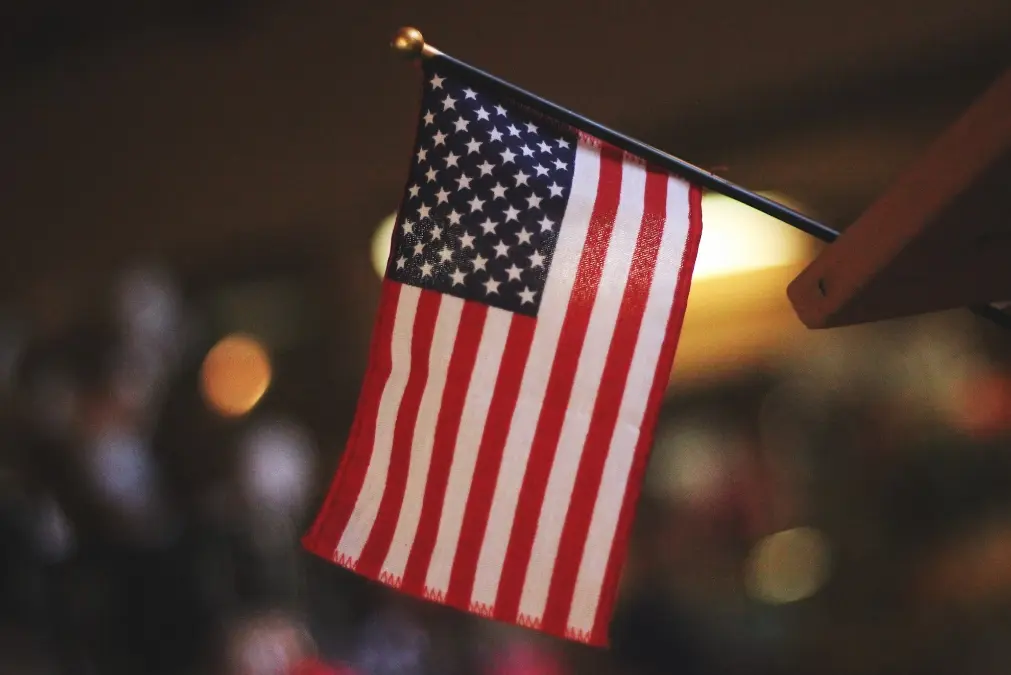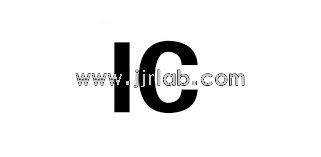
China Compulsory Certification for Toys
Toys sold in China are requiRED to undergo 3c certification, which stands for china compulsory certification (CCC). The ccc certification is a mandatory product certification system in China, also known as the national mandatory product certification. Its purpose is to ensure that products sold in the Chinese market comply with the country’s safety, health, and environmental protection requirements, thus safeguarding consumers' rights and safety.
Toy CCC Certification Process:
1. Application Preparation: The applicant needs to collect and prepare relevant documents and materials, such as product specifications, design drawings, manuals, laboratory test reports, etc.
2. Laboratory Testing: The applicant selects an accredited laboratory for testing. The laboratory will conduct necessary tests on the toy to verify compliance with relevant safety standards and technical requirements.
3. Document Review: The certification body will review the documents provided by the applicant, including product specifications and test reports, to confirm their completeness and accuracy.
4. Certification Decision: Based on the document review and laboratory test reports, the certification body will issue the ccc certificate.
5. Certificate Issuance: If the certification decision is passed, the certification body will issue the CCC certificate, confirming that the toy complies with the China CompULsory Certification requirements.
6. Factory Inspection: The CCC certification is issued after testing is completed. The factory inspection is usually random and typically occurs a few months after the certificate is obtained. If the factory inspection is passed, the certificate remains valid. If there are issues identified during the factory inspection, corrective actions must be taken.
The specific process for CCC certification may vary depending on the product’s characteristics and the applicant's situation. It is recommended that applicants consult with the certification body or testing agency before applying for CCC certification to fully understand the specific requirements and processes and ensure the proper preparation and submission of relevant documents and materials.
Which Toys Require CCC Certification?
1. Children’s Vehicles:
- Children's bicycles (GB14746)
- Children's tricycles (GB14747)
- Children's pushchairs (GB14748)
- Baby walkers (GB14749)
2. Toys:
- Electronic toys (gb6675.1, GB6675.2, GB6675.3, GB6675.4, GB19865)
- Plastic toys (GB6675.1, GB6675.2, GB6675.3, GB6675.4)
- Metal toys (GB6675.1, GB6675.2, GB6675.3, GB6675.4)
- Ride-on toys (GB6675.1, GB6675.2, GB6675.3, GB6675.4, GB19865)
3. Motor Vehicle Child Occupant Restraint Systems (GB27887)
In addition to CCC certification, toys sold domestically may also require other tests or certifications to ensure product safety and compliance.
Common Additional Testing or Certification Projects:
1. GB 6675 Safety Technical Specifications: This is China’s national toy safety standard, which sets out the safety requirements for toys, including physical, mechanical, chemical, and labeling aspects. Compliance with this standard is a basic requirement for toy sales.
2. Chemical Substance testing: The materials and dyes used in toys must comply with national chemical substance restriction requirements, such as the harmful substance limits outlined in the GB 6675 standard.
3. Quality Inspection Report: E-commerce platforms or large supermarkets often require a quality inspection report.
4. srrc certification: Toys with wireless data transmission must meet the radio emission device model approval (SRRC) certification requirements.
These are just some of the common testing or certification requirements, and specific requirements may vary depending on the product type, target age range, and other factors. If you plan to sell toys in China, it is advisable to consult with a professional certification body or testing agency to understand the relevant laws and standards and ensure your products meet the applicable requirements.
Email:hello@jjrlab.com
Write your message here and send it to us
 Accelerated Ageing Test
Accelerated Ageing Test
 IP Ingress Protection Testing
IP Ingress Protection Testing
 How Does a Product Get an Energy Star Label
How Does a Product Get an Energy Star Label
 Is ROHS part of UL the same
Is ROHS part of UL the same
 What is Protection Class EN 60529?
What is Protection Class EN 60529?
 IP69 Certified Protection
IP69 Certified Protection
 California Energy Commission Testing Lab
California Energy Commission Testing Lab
 What Does the Canadian IC Mark Mean?
What Does the Canadian IC Mark Mean?
Leave us a message
24-hour online customer service at any time to respond, so that you worry!




